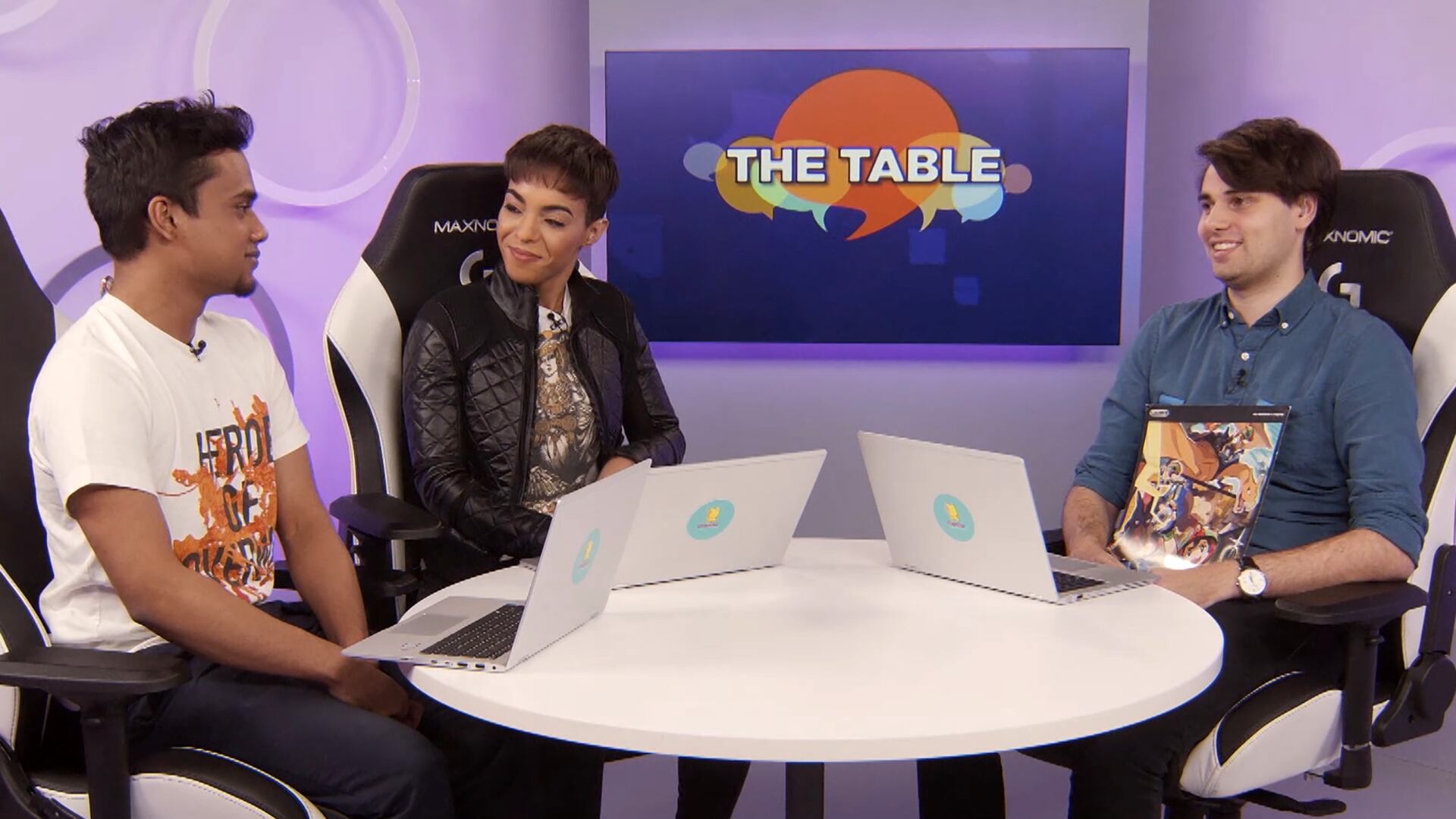*By Colin Foley* Bungie, the famed developer of Halo and Destiny, has parted ways with parent company Activision-Blizzard. The industry-shaking fracture follows several leadership changes at Activision over the last several months, causing investors and gamers alike to wonder how the split will affect the gaming industry. Since Bungie's departure from the video game conglomerate last week, Activision ($ATVI) stock has dropped, sliding just below 7 percent on Friday. Adding insult to the company's injury, a group of investors has retained a class action law firm to probe claims that Activision committed securities fraud, according to a statement by the firm Pomerantz LLP. Bungie will retain full publishing rights to the MMO-Shooter series "Destiny" in a deal that marks the end of a 10-year contract that began in 2010 and allowed the company to launch its first post-Halo franchise after gaining independence from owner Microsoft ($MSFT). Reports have yet to confirm how exactly the deal will affect the future of Destiny 2, but Bungie insists that its plans for the franchise will remain unchanged. PC players, who access the game via the Blizzard-owned "Battle.net" can breathe easy, as the company has said, "we do not anticipate any disruption to our services or your gameplay experience." In a statement, Activision said: "Going forward, Bungie will own and develop the franchise, and Activision will increase its focus on owned IP and other projects. Activision and Bungie are committed to a seamless transition for the Destiny franchise and will continue to work closely together during the transition on behalf of the community of Destiny players around the world." In 2007, Bungie made a similar move when it severed ties with former owner Microsoft. In that case, the Xbox manufacturer retained the rights to the Halo franchise and established 343 studios to develop future titles. Originally, the deal called for four Destiny games and four expansions between 2013 and 2020. That delivery schedule shifted when the first game was delayed for nearly a full year, debuting in September 2014. It was followed by four expansions before Destiny 2 launched in September 2017. Although Bungie is no longer obligated to its parent company's schedule, it said it will "continue to deliver on the existing Destiny roadmap, and we’re looking forward to releasing more seasonal experiences in the coming months, as well as surprising our community with some exciting announcements about what lies beyond.” Bungie also reportedly has a new game in development, thanks to a $100 million investment from Chinese Internet company NetEase. At this stage, the question remains: what will an emancipated Bungie do next? Will we see Destiny 3?



